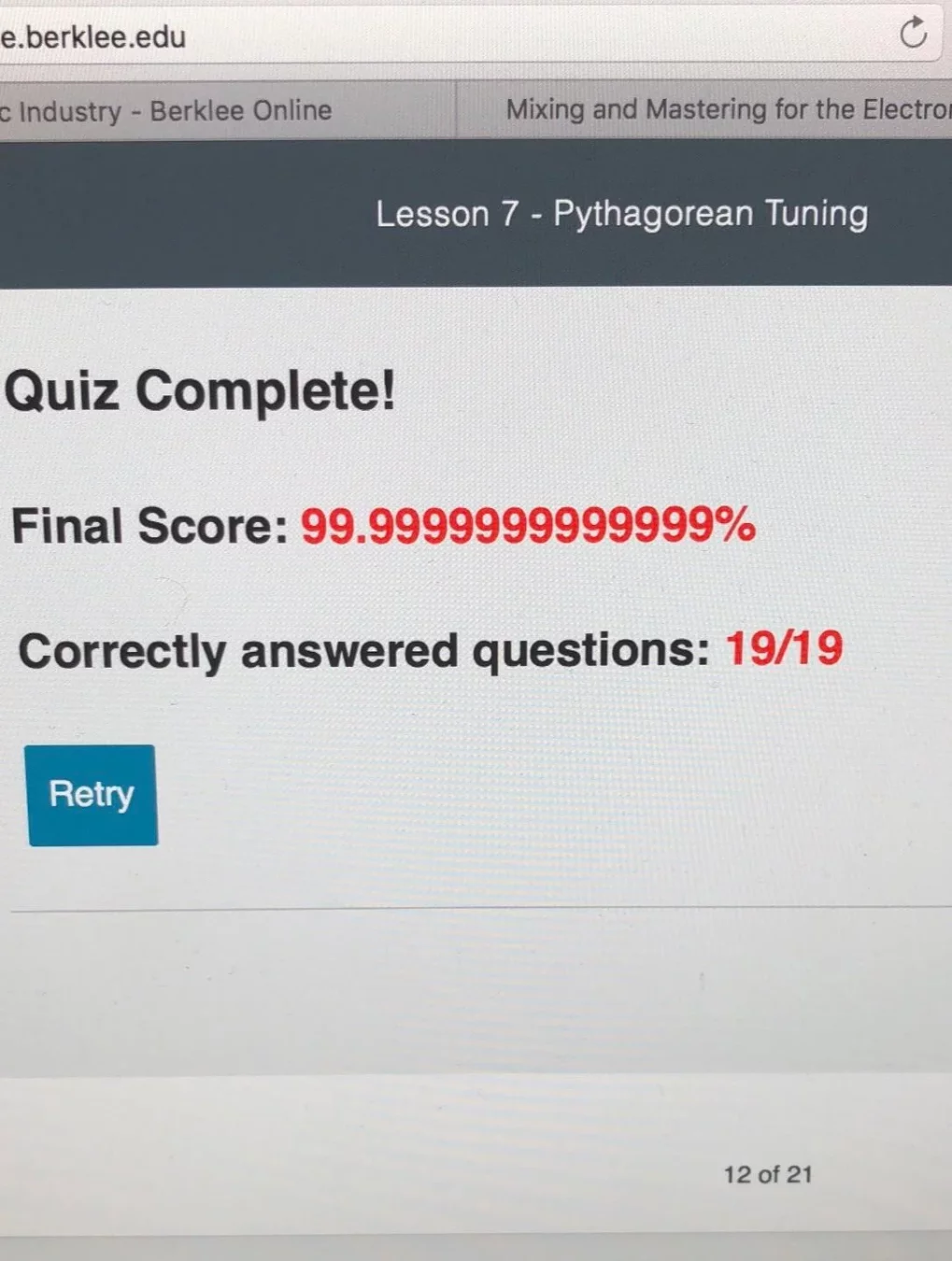it's almost like computers are not that accurate when calculating floating point numbers
Software Gore
Welcome to /c/SoftwareGore!
This is a community where you can poke fun at nasty software. This community is your go-to destination to look at the most cringe-worthy and facepalm-inducing moments of software gone wrong. Whether it's a user interface that defies all logic, a crash that leaves you in disbelief, silly bugs or glitches that make you go crazy, or an error message that feels like it was written by an unpaid intern, this is the place to see them all!
Remember to read the rules before you make a post or comment!
Community Rules - Click to expand
These rules are subject to change at any time with or without prior notice. (last updated: 7th December 2023 - Introduction of Rule 11 with one sub-rule prohibiting posting of AI content)
- This community is a part of the Lemmy.world instance. You must follow its Code of Conduct (https://mastodon.world/about).
- Please keep all discussions in English. This makes communication and moderation much easier.
- Only post content that's appropriate to this community. Inappropriate posts will be removed.
- NSFW content of any kind is not allowed in this community.
- Do not create duplicate posts or comments. Such duplicated content will be removed. This also includes spamming.
- Do not repost media that has already been posted in the last 30 days. Such reposts will be deleted. Non-original content and reposts from external websites are allowed.
- Absolutely no discussion regarding politics are allowed. There are plenty of other places to voice your opinions, but fights regarding your political opinion is the last thing needed in this community.
- Keep all discussions civil and lighthearted.
- Do not promote harmful activities.
- Don't be a bigot.
- Hate speech, harassment or discrimination based on one's race, ethnicity, gender, sexuality, religion, beliefs or any other identity is strictly disallowed. Everyone is welcome and encouraged to discuss in this community.
- The moderators retain the right to remove any post or comment and ban users/bots that do not necessarily violate these rules if deemed necessary.
- At last, use common sense. If you think you shouldn't say something to a person in real life, then don't say it here.
- Community specific rules:
- Posts that contain any AI-related content as the main focus (for example: AI “hallucinations”, repeated words or phrases, different than expected responses, etc.) will be removed. (polled)
You should also check out these awesome communities!
- Tech Support: For all your tech support needs! (partnered)
- Hardware Gore: Same as Software Gore, but for broken hardware.
- DiWHY - Questioning why some things exist...
- Perfect Fit: For things that perfectly and satisfyingly fit into each other!
About a year ago I ended up with a floating point value that was something like 1.0000000000078 when it should have been 1. Tore my hair out for hours trying to get the piece of crap embedded vendor locked device to just make it 1.
well 0.9999... is actually 1 because
x = 0.9999...
10x = 9.9999...
10x (9.9999...) - x (0.9999...) = 9
9x = 9
x = 1
so 0.9999... is 1
Yes, but 0.99999999999999999999 isn't 0.999... and therefore not 1, so it's still wrong.
The software is wrong yes. I just had to share this information.
First thing that came to mind was this video by SingingBanana.
Great maths channel and he is a frequently on numberphile as well.
This is muuuch better demonstrated by
1/3 = .33... 2/3 = .66... 3/3 = 0.99...
"Repeating" matters in approximations
The issue here lies in how it calculates each correct answer value, which is set at 1/15. This approach introduces an approximation error. When you sum all these values together, the total doesn't quite reach 1.
edit: It's actually 1/19 for each question
(1/19)*19 = 0,9999999991
But then the score should be 126.666666666667%.
Penmanship counts
19.0000000000f/19.0000000000f
Looks like a floating point error
Presumably because only God can be perfect
Is that actually mathematically the same number
the pedantic answer is that, from a rigorous perspective, 99.9999999999999% isn't the same as 100% because the decimals don't repeat forever. but a more practical answer would be that they are the same number. because of how computers (usually) round numbers, the stuff showing up after the 8th decimal place is (usually) junk that can be ignored.
an interesting example of this idea in practice has to do with the irrational number π, which nasa only approximates to 15 decimal places because that's more than enough for most of the calculations they do (the linked page gives a better and more detailed explanation).
Thank you for the very informative comment and article :)
Just be glad you didn't get an, "100% required to pass" error
